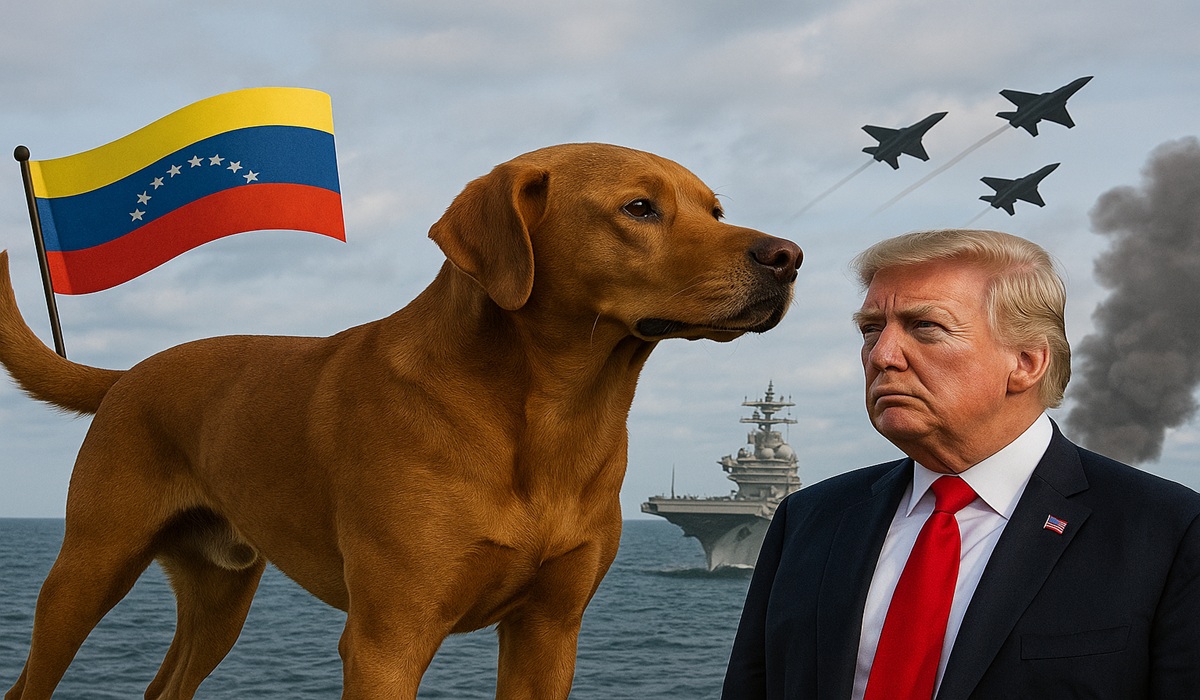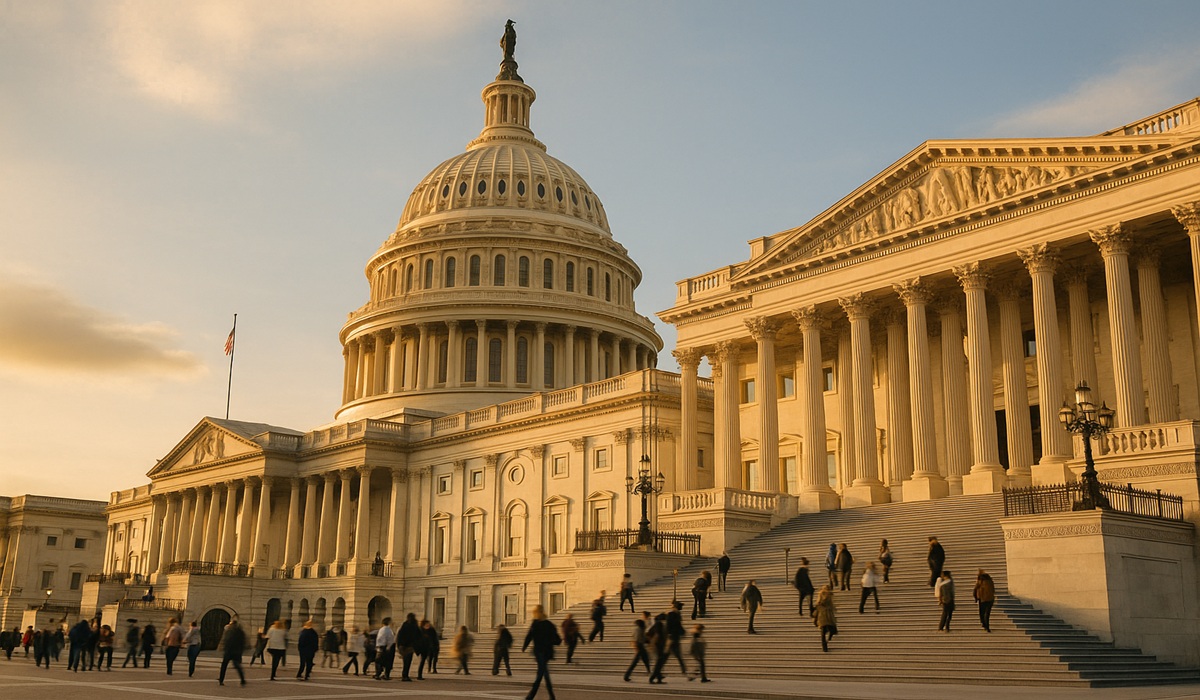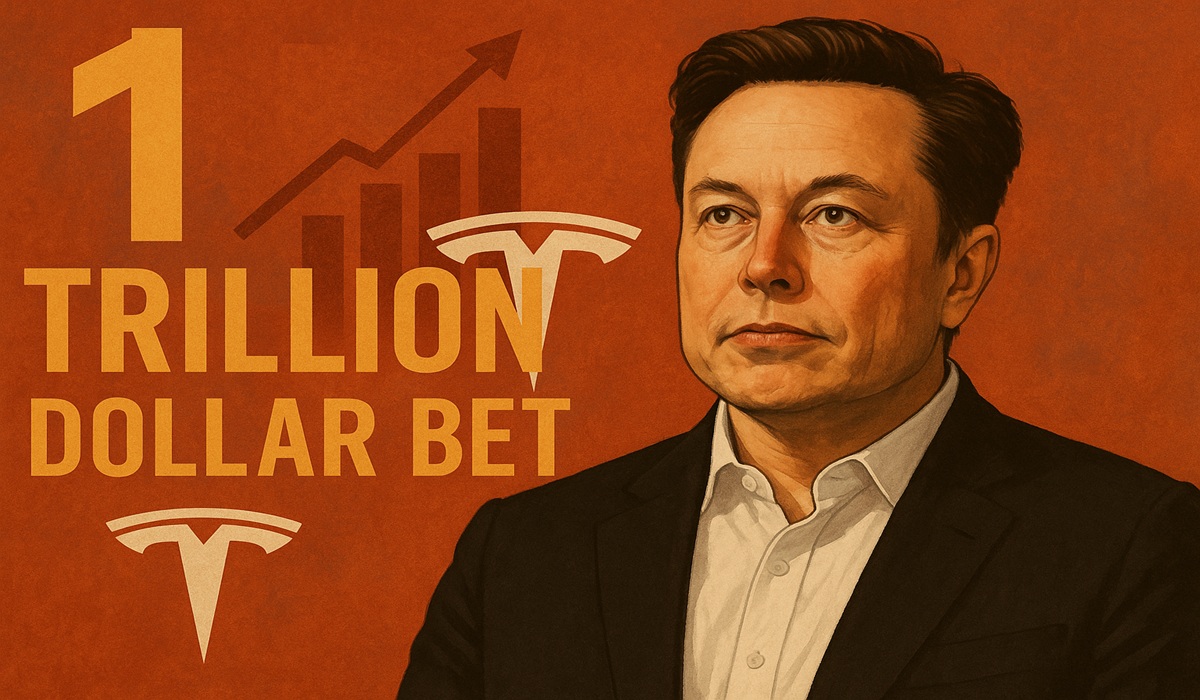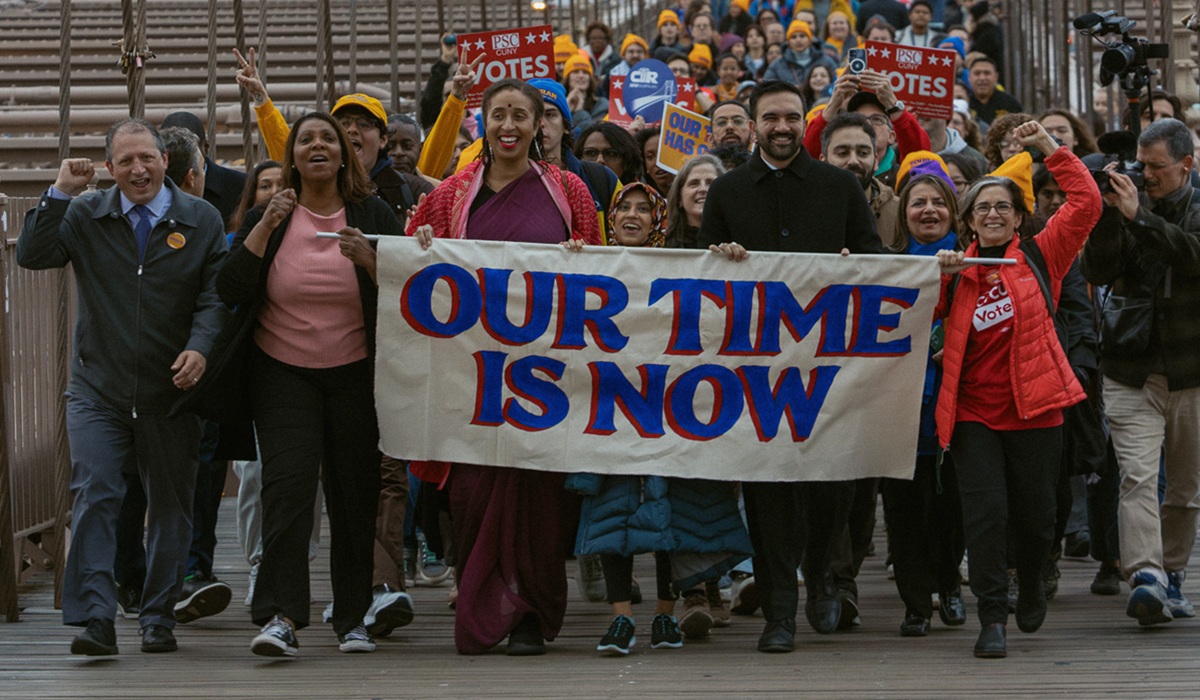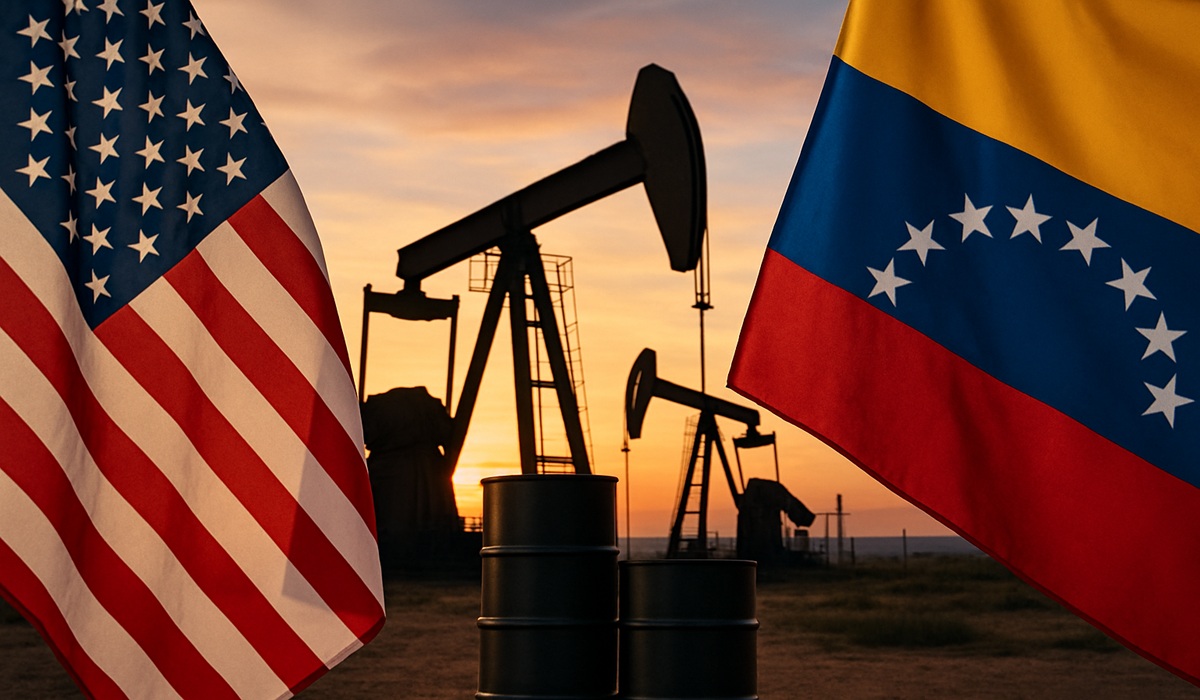By: Donovan Martin Sr, Editor in Chief
In political language, “wag the dog” signifies a disturbing reversal of logic: the moment when the lesser thing controls the greater, when a leader manufactures a distraction so overwhelming that the public forgets the crisis sitting in plain sight. Over decades, the phrase has taken on a very specific meaning: when a government is drowning in scandal, economic collapse, or political humiliation, it creates an external conflict—often military—to seize the narrative, redirect the nation’s rage, and smother accountability beneath the smoke of war. When the drums begin to pound, when ships are deployed, when the media fills with maps, generals and threat assessments, everything else is pushed out of focus. In that sense, war is not merely a tool of foreign policy; it becomes a weapon of domestic control.
That is the frame through which the current American posture toward Venezuela must be understood. The United States, under President Donald Trump, has been steadily escalating its military presence across the Caribbean, positioning warships, strategic aircraft and naval assets in a manner impossible to interpret as routine. These manoeuvres do not resemble the rhythm of traditional drug-interdiction missions or regional patrols. They carry the unmistakable signature of pre-war posturing: large, open, visible, and unmistakably designed for global attention. And it is precisely that attention—the all-consuming glare of a conflict—that now appears more valuable to Washington than any declared strategic objective.
To understand why requires returning to the core definition of wagging the dog. In political terms, it describes a leader facing a domestic storm so powerful, so revealing, or so personally damaging that the only available move is to create a crisis bigger than the scandal itself. The external threat becomes the story; the internal decay becomes background noise. The war, or threat of war, becomes an anesthetic powerful enough to mute outrage, paralyse critics, and redirect the nation’s emotional energy outward. It is not a conspiracy. It is a pattern, one that has appeared throughout history: during impeachment proceedings, economic downturns, collapsing approval ratings, corruption investigations, electoral disasters, and national humiliation. It is the oldest sleight of hand in the repertoire of empire.
Right now, the United States is in a moment of profound crisis. The economy is not simply “weak”—it is collapsing under structural fractures that are now becoming impossible to hide. Supply chains are disjointed, industrial sectors are shrinking, the agricultural heartland has been gutted by the loss of key export markets, and vast regions of the Global South have begun conducting trade without the U.S. dollar. The symbolic dominance of the currency is eroding. Manufacturing is hollowed out. The auto sector is fighting for survival. China has declared that new domestic products will be built without American chips, a blow that reverberates across Silicon Valley and the entire U.S. innovation ecosystem. At the same time, American farmers—long a political cornerstone—have seen demand for soybeans, corn and other grains wither as China and other markets shift to alternative suppliers.
Layered atop this economic collapse is political paralysis. The federal government has recently emerged from a prolonged shutdown, one that brought governance to a standstill and exposed a country drifting without coherent leadership. The shutdown underscored not only dysfunction but fragility: a nation unable to pay its workers, unable to process basic administrative functions, unable to project stability at home or abroad. More critically, midterm-style races across the country delivered severe blows to Trump’s political allies, with Democratic candidates sweeping races that Republicans once viewed as safe. For any administration, this combination—economic decline, governing breakdown, electoral defeat—is combustible.
And then comes the most explosive destabilizer of all: the Epstein files. Their contents, their implications, and their potential connections pose a direct threat to the highest circles of American power. The release of information, the opening of sealed documents, and the revelations about networks of influence, wealth, and exploitation create an existential political crisis. The question is not what is in the files, but who. The fear is not speculation—it is exposure. In this atmosphere, with the public demanding accountability and figures across the political and financial elite preparing for reputational devastation, the impulse to shift national focus elsewhere grows irresistible.
This is where Venezuela becomes the stage.
Venezuela offers the perfect storm of geopolitical, economic, and symbolic opportunity. Its oil reserves are among the largest in the world. Its government is a favourite target of American hawks. It provides an easy enemy, a villain that requires no explanation. And by mobilizing military assets against Venezuela, the United States not only gestures toward a lucrative geopolitical prize but ignites a narrative powerful enough to drown out every scandal at home. A full-scale conflict—especially one framed as necessary, urgent, and existential—would command the front pages. It would dominate broadcast networks. It would become the topic at every dinner table, every workplace, every congressional hearing. It would absorb the nation’s emotional bandwidth, leaving little room for anything else.
This is how the logic unfolds: the more catastrophic the domestic landscape becomes, the more tempting the external war appears. When a president’s political survival is at stake, when scandal threatens to engulf the administration, when the economy is in freefall and confidence evaporates, the strategic deployment of distraction becomes not only plausible but predictable. History offers multiple precedents of leaders launching military operations to reset the political narrative, rebuild national cohesion, or escape personal accountability. What makes the current scenario so concerning is the degree of alignment between the internal crisis and the external escalation. The timing is not subtle—it is synchronized.
But perhaps the most chilling dimension is the suggestion that this escalation may not be reactive, but premeditated. If Trump anticipated the contents of the Epstein files, understood their gravity, and foresaw the political ruin they could induce, then the case can be made that the movement toward war was a pre-emptive strategy. A war initiated before the scandal fully breaks offers insulation. It offers a shield. It constructs a patriotic frame around the presidency that makes criticism appear unpatriotic and investigations appear dangerous. It transforms vulnerability into strength. In effect, it turns the scandal itself into an afterthought, a footnote dismissed as a distraction from “the real threat”: the war.
In this reading, Venezuela is not merely a geopolitical target. It is the stage on which a much larger political drama is unfolding. The war becomes a mechanism to redirect the public gaze and redefine the president’s role. It allows a leader under siege to stand not as the subject of investigation but as the nation’s protector. And once the war begins—once soldiers deploy, once airstrikes occur, once the media immerses itself in battlefield coverage—it becomes nearly impossible for the public, or Congress, to maintain focus on anything else.
This does not mean the war would be short. Nor does it mean it would be contained. Venezuela has allies, regional dynamics, and internal complexities that could escalate the conflict beyond anything the United States anticipates. But from the vantage point of political calculus, the length of the war is secondary. What matters is the spectacle, the narrative, the emotional reorientation of the nation. A large war consumes political energy. It rewires priorities. It mutes dissent. It suspends normal scrutiny.
In that environment, the scandals that now threaten the administration—the economic collapse, the shutdown crisis, the electoral humiliation, and the unfolding Epstein revelations—begin to lose traction. They are still real, still devastating, but they no longer dominate the nation’s consciousness. That is the essence of wagging the dog: not disproving the scandal, not solving the crisis, but overshadowing them with something even bigger.
In the end, the question becomes whether this escalation is a strategic defence of national interest or a strategic defence of political survival. The indicators point heavily toward the latter. The American public, and the global community, now stand at a pivotal moment. If the path to war with Venezuela proceeds unchallenged, the world may soon witness not only a catastrophic conflict but one born not of necessity, not of emergency, but of calculated distraction. A war designed not to protect America, but to protect the president. A tail powerful enough to drag the entire dog into the fire.
This is the danger: not only the war itself, but what the war is designed to hide.

